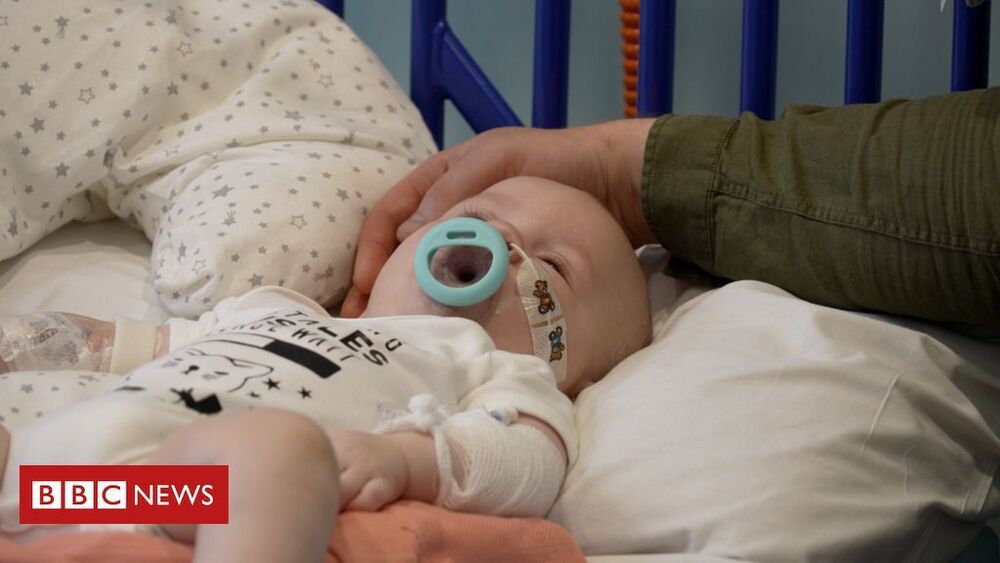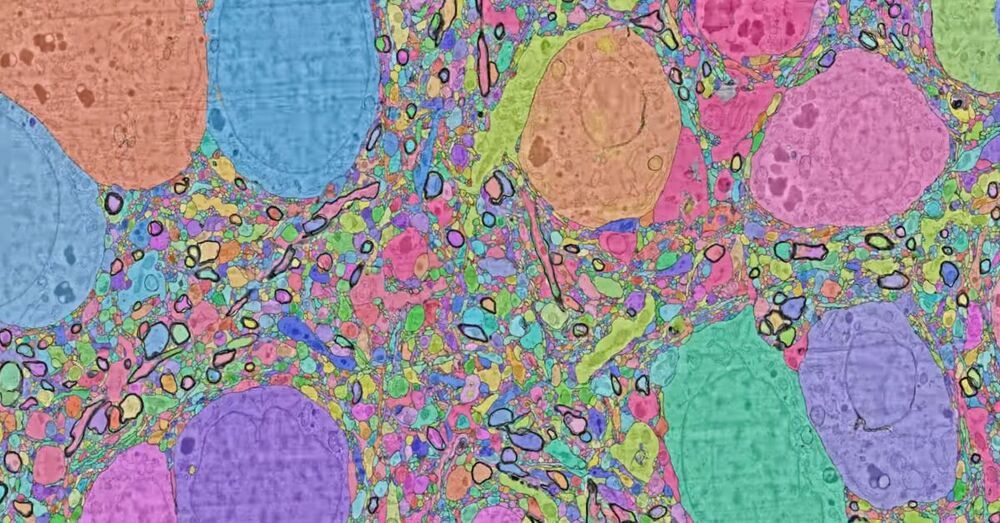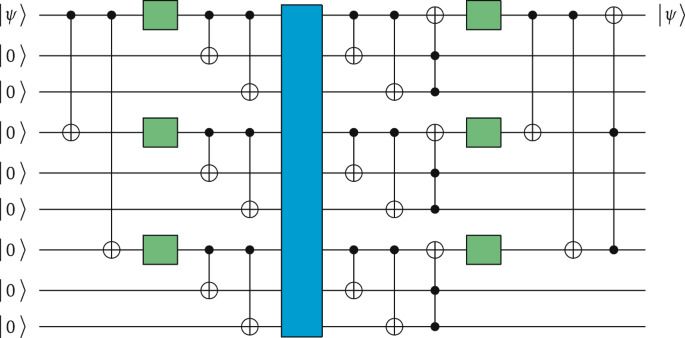TAMPA, Fla. — Europe has tasked an Airbus-led group to devise its own quantum communications network as startup Arqit raises $400 million for a space-based system.
Airbus said May 31 the European Commission awarded the group a contract to study a quantum technology-powered network, called EuroQCI, to secure critical infrastructure across Europe.
The 15-month agreement is worth several millions of euros, Airbus Defence and Space spokesperson Bruno Daffix told SpaceNews.









